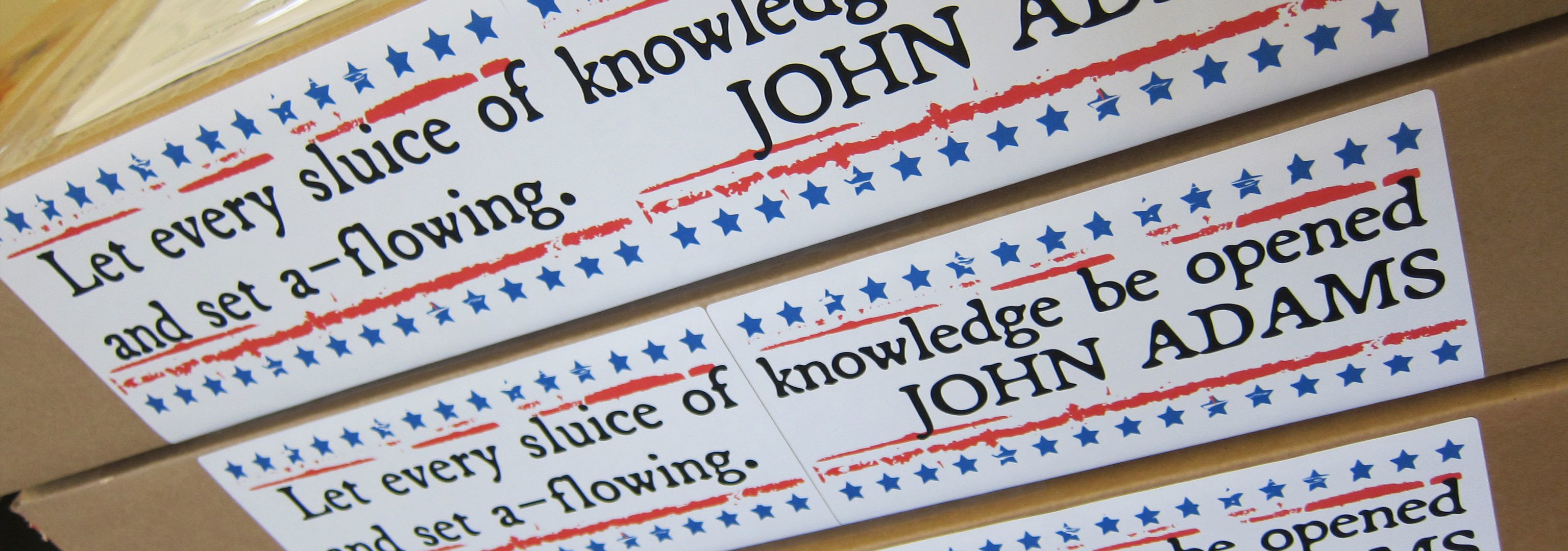
Promoting Open Access
We want knowledge to be free for anyone, anywhere to access and use.
Access to knowledge is a fundamental human right. It advances research and innovation, improves decision-making, exposes misinformation and is vital to achieving greater equality and justice.
The internet has transformed how we share, find and use information. However, some materials that should legally and morally be free for anyone to access are still constrained by paywalls and restrictive copyright regimes. Our grants help make this information available for free online, and help people find and use it.
Priorities
Copyright and intellectual property
We support efforts to challenge and improve copyright laws, regulations, exceptions and limitations so that people have better access to knowledge.
Books
We help initiatives that provide free online access to in-copyright scholarly books.
Discoverability
Our grants help people find legal, free-to-read versions of government documents, publicly-funded research, standards, and laws.
Top banner image: ‘Let every sluice of knowledge be opened and set a flowing’. Public.Resource.Org.
